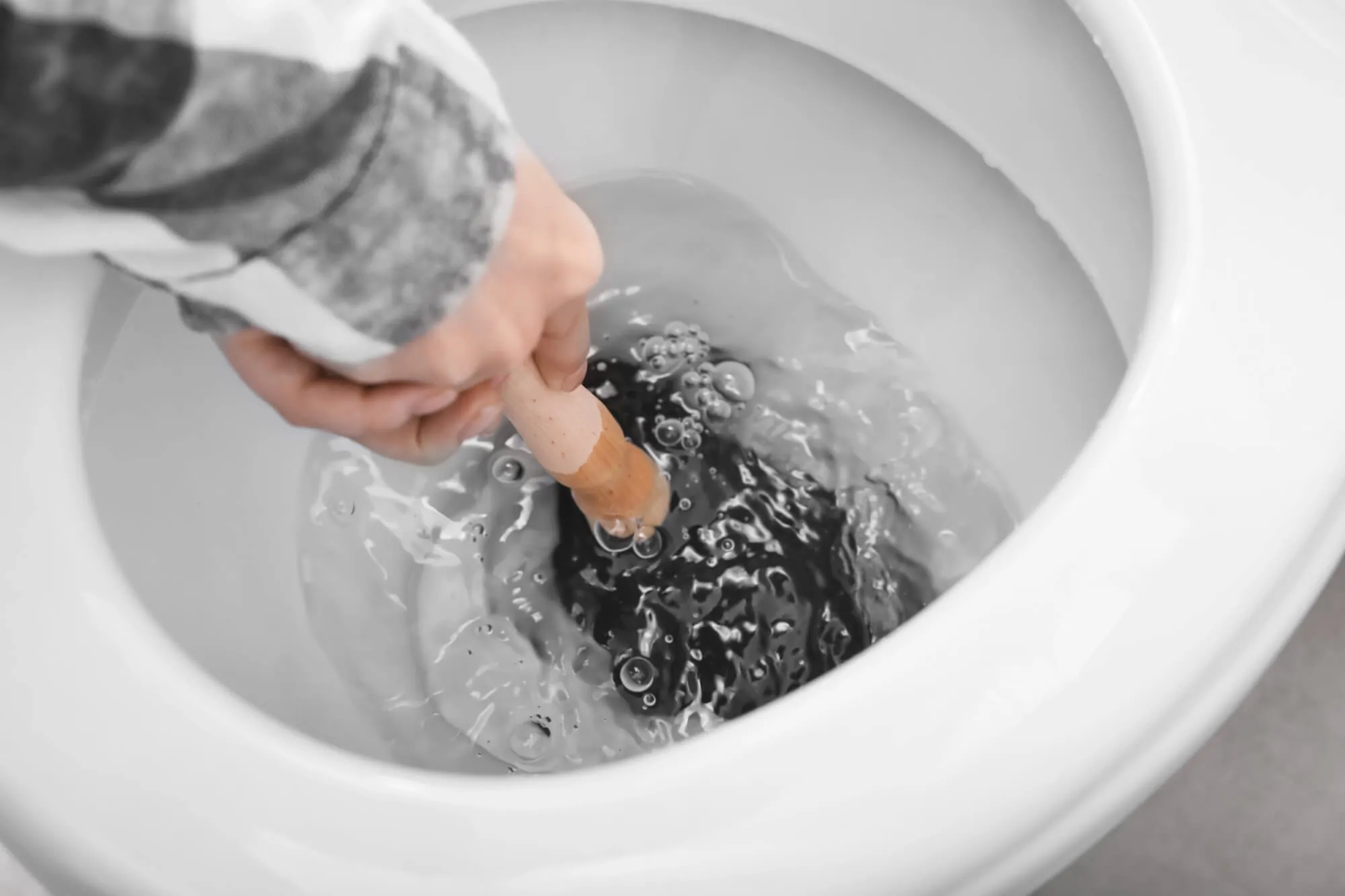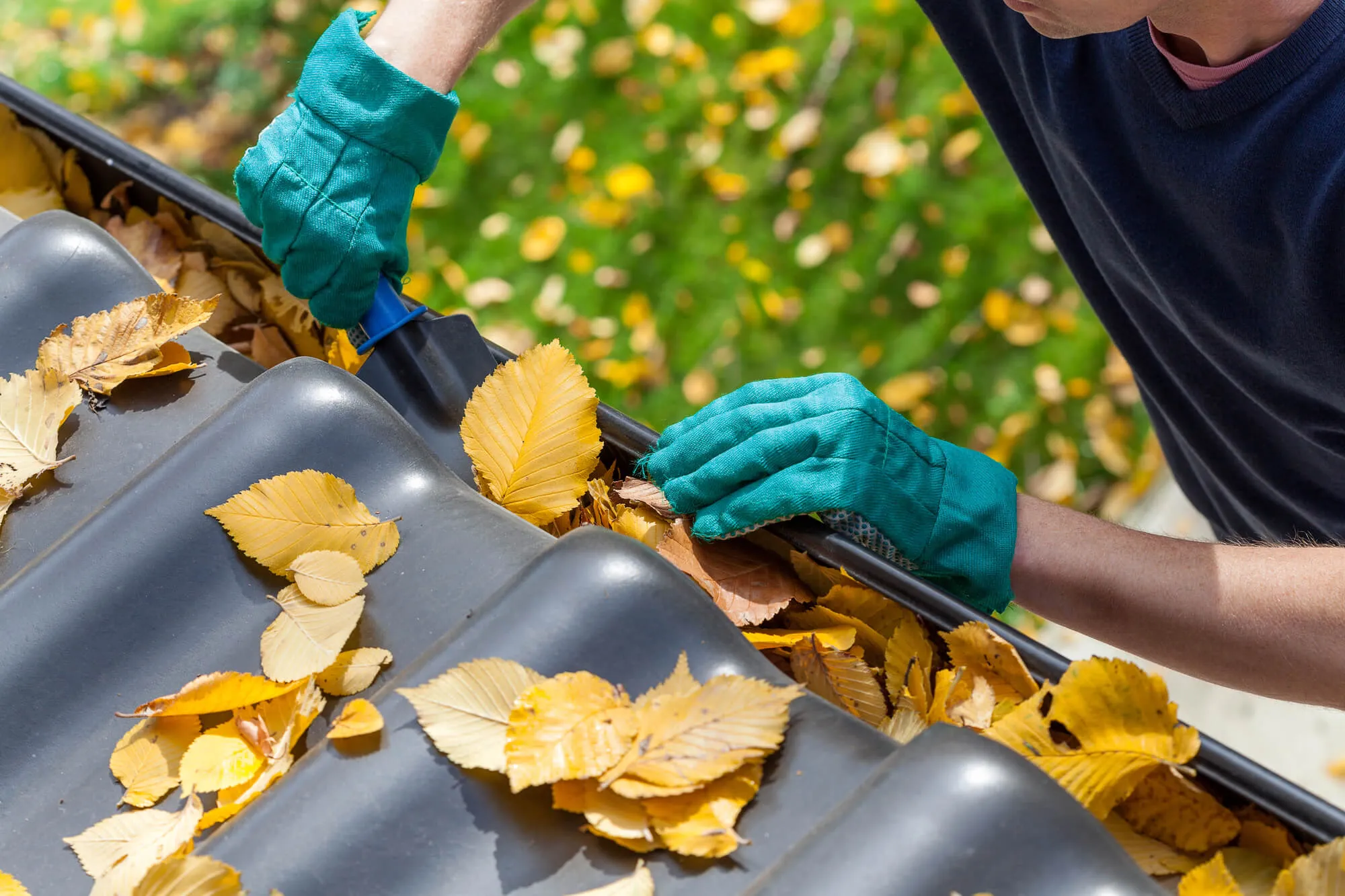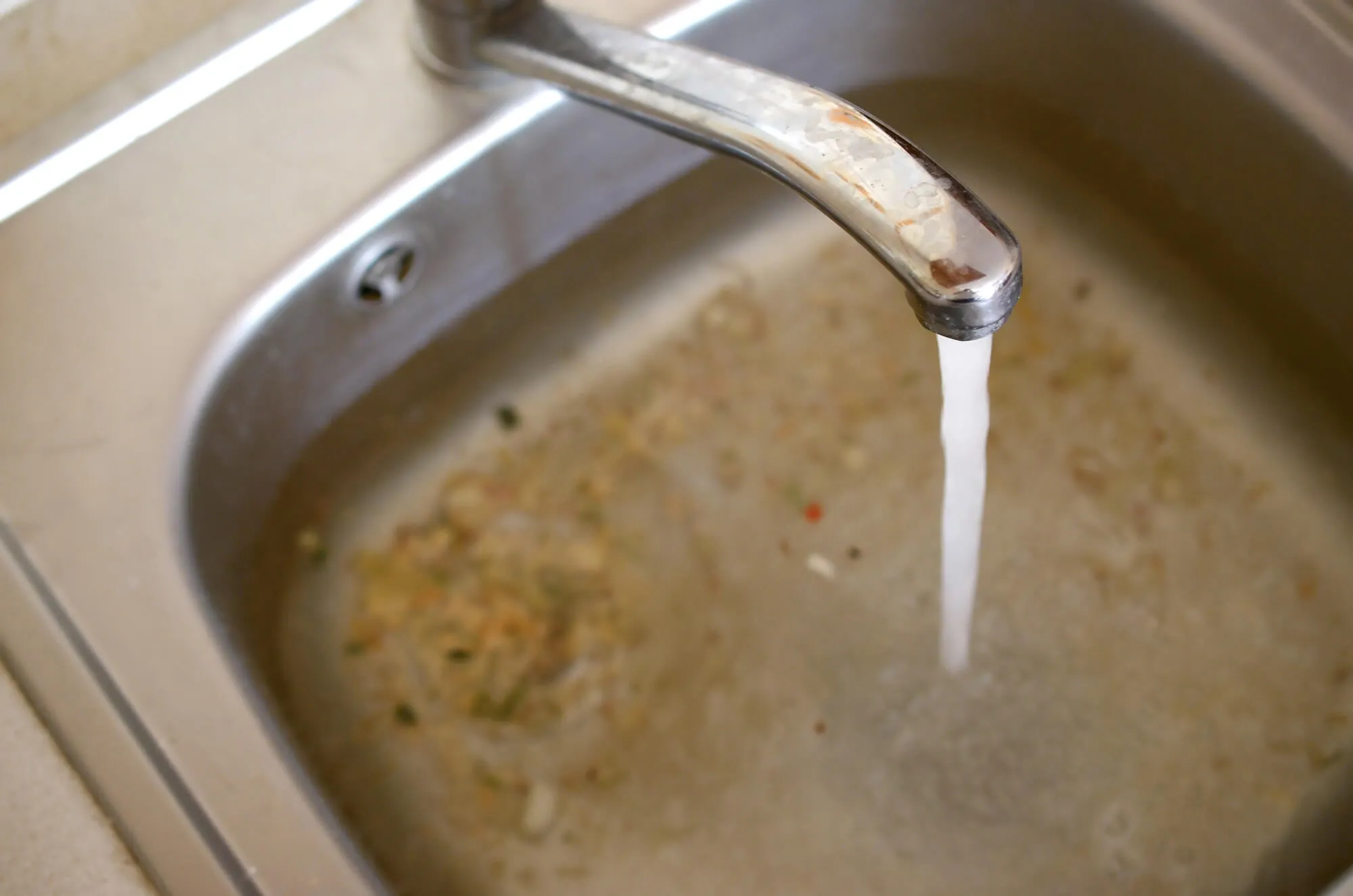You expect your drains to work quietly in the background, until one morning, the kitchen sink fills up mid-rinse or the shower water refuses to go down. Suddenly, you’re dealing with slow drains, foul smells, and standing water that make daily routines frustrating. These clogs aren’t random; they’re your plumbing’s way of showing that something deeper is going wrong inside the pipes.
From grease buildup and hair tangles to mineral deposits and aging sewer lines, the causes can differ, but they all lead to the same result—restricted water flow and mounting stress. If quick fixes haven’t worked, it’s time to look beyond surface solutions. For homeowners seeking reliable drain cleaning in Anthem, AZ, professional help can clear years of buildup, restore smooth flow, and prevent costly plumbing issues down the line.

The Everyday Habits That Cause Drain Clogs
Grease and Cooking Oils
Pouring grease down the drain might seem harmless when it’s hot and liquid, but once it cools, it hardens inside your pipes. Over time, it sticks to pipe walls and traps food scraps, forming a thick blockage. Even small amounts can gradually build layers of residue that restrict water flow.
A simple habit change can help—pour leftover grease into a disposable container instead of pouring it down the sink. Once it solidifies, throw it in the trash. Using paper towels to wipe pans before washing also significantly reduces buildup. If you frequently cook with oils, adding a regular professional drain cleaning schedule can prevent clogs before they start.
Hair and Soap Scum
Hair is one of the leading causes of clogged bathroom drains. It easily tangles and mixes with soap residue, forming dense, sticky knots that cling to pipes. Showers and bathroom sinks are especially vulnerable.
Installing a mesh drain screen can prevent most of these clogs. If water starts pooling around your feet, that’s a sign the buildup is already restricting flow. Regularly cleaning the stopper and using an enzyme-based drain treatment once a month helps keep things clear and odor-free.
Food Scraps and Coffee Grounds
Kitchen drains face their own set of challenges. Even if you have a garbage disposal, certain items shouldn’t go down the drain—like coffee grounds, pasta, rice, and fibrous vegetables. These don’t break down easily and can create thick sludge inside your pipes.
It’s best to scrape plates into the trash or compost bin before rinsing. Running hot water for a few seconds after using the sink helps flush away small particles before they have a chance to settle. Regular drain cleaning can help maintain optimal water flow and reduce stress on your kitchen plumbing.
Soap Residue and Hard Water Buildup
Soap is designed to clean, but it can leave behind a stubborn film called soap scum. This residue combines with minerals from hard water, narrowing your pipes and creating rough surfaces where debris can cling.
Using liquid soaps and installing a water softener can help prevent this issue. A professional plumber can also remove hardened mineral deposits through hydro jetting or mechanical cleaning to restore full water pressure.

The Hidden Causes of Frequent Drain Clogs
Tree Roots in Sewer Lines
If you’ve ruled out household causes and still have slow drains, the problem may be underground. Tree roots are drawn to the moisture in sewer lines. Even a small crack can allow roots to grow inside, eventually blocking the entire pipe.
Symptoms include gurgling sounds, slow-flushing toilets, and water backing up in multiple drains at once. A professional inspection using a drain camera can confirm the presence of root intrusion. In such cases, hydro jetting or trenchless sewer repair may be required.
Collapsed or Misaligned Pipes
Older homes often have pipes made from clay or cast iron that can crack or collapse over time. Shifting soil, corrosion, or heavy ground movement can cause pipes to misalign, trapping debris.
Unlike a surface clog, this problem can’t be solved with plungers or drain cleaners. It requires a thorough assessment and, in some cases, pipe replacement. A professional drain cleaning service can identify and fix these issues before they cause serious damage.
Poor Plumbing Design or DIY Repairs
Sometimes, the problem isn’t what’s inside the pipe—it’s how the pipes were installed. Sharp bends, improper slopes, or incorrect pipe diameters can cause water to flow sluggishly and allow debris to accumulate.
DIY repairs can unintentionally create these problems if fittings or connections aren’t installed correctly. Hiring a licensed plumber ensures your system flows efficiently and complies with local building codes.
Damaged or Clogged Vent Pipes
Every drain in your home connects to a vent system that allows air to flow through the plumbing lines. These vents—usually located on the roof—help regulate pressure and let wastewater move freely. When a vent becomes blocked by debris, leaves, or even bird nests, it disrupts the balance of air and water in the system.
As a result, you may notice slow drainage, gurgling noises, or a strong sewer odor emanating from sinks and tubs. Homeowners often mistake these symptoms for standard pipe clogs, but the problem lies higher up in the system. Cleaning or repairing a vent pipe typically requires climbing onto the roof or using specialized equipment, so it’s best handled by a licensed plumber.
Addressing vent issues not only clears existing blockages but also improves overall drainage performance throughout your home.
How to Tell If You Have a Hidden Drain Problem
Clogs don’t always show up as complete blockages. Sometimes, they develop quietly over months. Recognizing the early warning signs can save you from major plumbing headaches.
- Slow drainage – If water drains more slowly than usual, there’s likely a buildup restricting the flow.
- Gurgling noises – Bubbling sounds from sinks or toilets indicate trapped air caused by partial clogs.
- Bad odors – A foul smell rising from the drain means organic matter is decomposing inside the pipes.
- Water backing up – When water reappears in another fixture after draining one (such as a shower filling up after flushing the toilet), it indicates a blockage deeper in the main line.
Ignoring these signs allows clogs to grow larger and harder to remove. Scheduling an inspection early prevents costly pipe repairs and messy backups.
Why Quick Fixes Don’t Always Work
The Problem with Chemical Drain Cleaners
Store-bought chemical drain cleaners may seem like an easy fix, but they often do more harm than good. The harsh chemicals can corrode pipes, damage seals, and harm the environment. They rarely remove the clog completely—often burning a small hole through the buildup while leaving most of it intact.
Over time, this approach can weaken your plumbing and lead to leaks. Mechanical methods, such as snaking or hydrojetting, are far safer and more effective for achieving long-term results.
The Limits of Home Remedies
You may have heard of using baking soda and vinegar for drain cleaning. While this mixture can help with odors or light residue, it won’t clear major clogs. A professional cleaning reaches deeper into the line, restoring full water flow and removing buildup you can’t reach with household tools.
Preventive Maintenance Tips for Healthy Drains
Schedule Regular Cleaning
Just like you service your air conditioning or car, your plumbing system benefits from routine maintenance. Scheduling professional drain cleaning once or twice a year helps remove buildup before it becomes a clog.
This proactive step saves money, extends the life of your plumbing, and prevents unexpected disruptions.
Use Drain Screens and Strainers
Inexpensive drain screens catch hair, soap chips, and debris before they enter your pipes, preventing clogs. These small additions dramatically reduce clogs and take seconds to clean.
Flush Drains with Hot Water Weekly
Pouring hot (not boiling) water down the drain once a week helps dissolve small buildups of grease and soap scum. Following it with a bit of dish soap provides extra cleaning power.
Keep Outdoor Drains Clear
Leaves, dirt, and mulch can block outdoor drains, especially after heavy rain. Cleaning grates and gutters regularly prevents water from backing up toward your home’s foundation.
The Long-Term Benefits of Professional Drain Cleaning
Professional drain cleaning isn’t just about fixing clogs—it’s about protecting your entire plumbing system. By clearing out buildup and inspecting the lines, your plumber helps prevent leaks, pipe bursts, and foul odors.
For homeowners who schedule annual cleanings, the benefits include:
- Lower risk of emergency plumbing calls
- Better water pressure and faster drainage
- Extended lifespan of pipes and fixtures
- Reduced the likelihood of sewer line issues
Professional methods, such as hydro jetting, utilize pressurized water to clean pipes thoroughly without the need for harsh chemicals. It’s one of the safest, most effective ways to keep your drains working efficiently year-round.

When to Call for Drain Cleaning in Anthem, AZ
If your drains are frequently clogging or you notice gurgling noises, recurring backups, or unpleasant smells, those are signs it’s time for expert attention. A licensed plumber can perform a camera inspection to locate the source of the problem and recommend the most suitable solution.
At Local Leaders Plumbing, we believe in protecting your home with long-term, reliable solutions. As a family-owned business serving Anthem and its surrounding communities, our mission is to provide honest, high-quality plumbing that prioritizes your comfort.
If your drains have been slowing down or clogging repeatedly, let our licensed professionals restore your peace of mind. Contact Local Leaders Plumbing today for fast, affordable, and dependable drain cleaning service.


